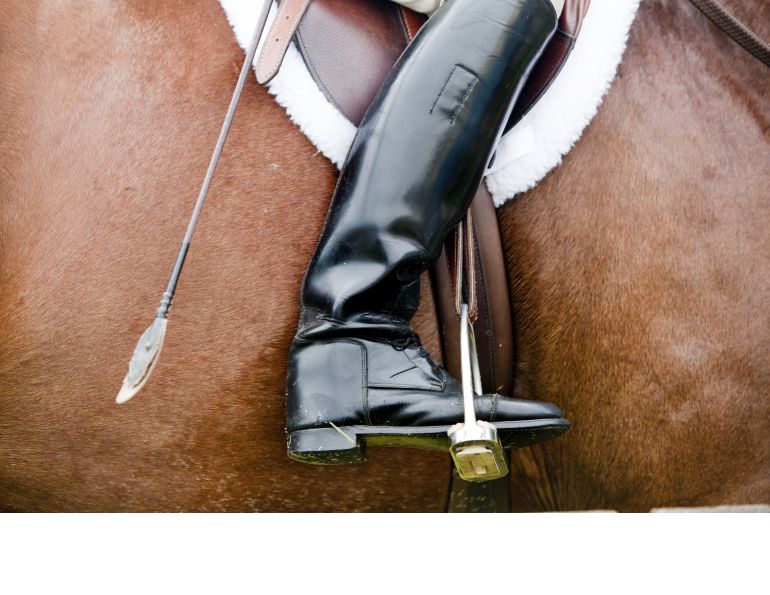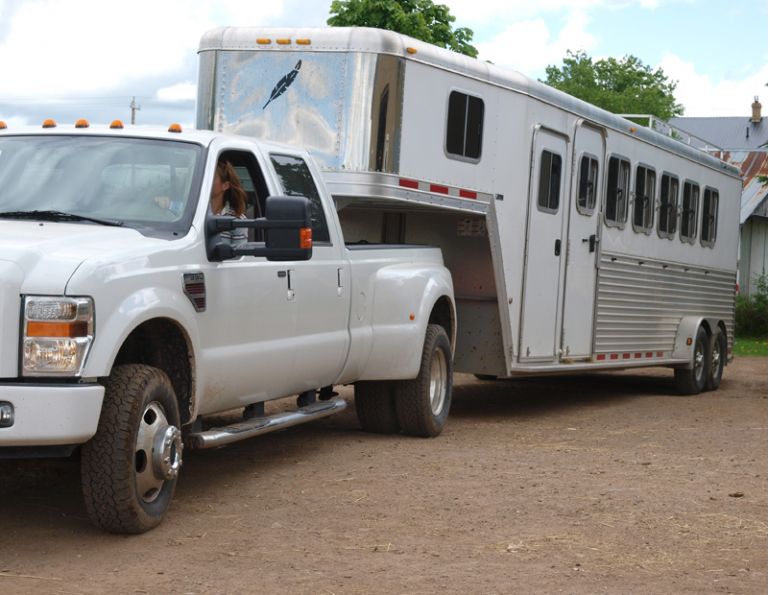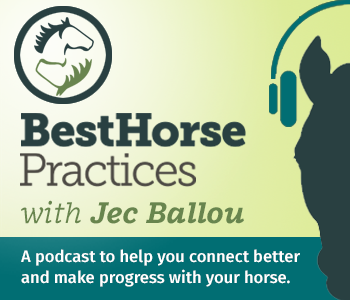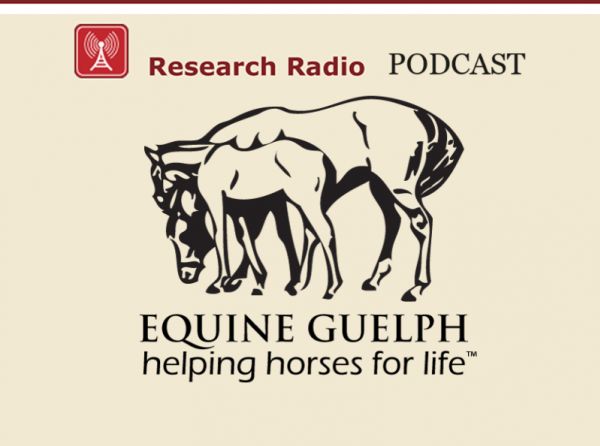By Jackie Bellamy/Equine Guelph
When a growing resistance to dewormers is cited as a major issue concerning horse owners today, a fecal exam to see if your parasite control program is working makes sense. Collecting a manure sample is easy, but it must be done properly to ensure accurate test results.
How to Collect Manure for a Fecal Egg Count (FEC)
- Write the date and horse's name on the front part of this zip-lock bag.
- Take another zip-lock bag and turn it inside-out over your hand.
- With your hand inside the bag, pick up a fresh fecal mass.
- Use your other hand to pull the zip-lock bag over your hand, turning the bag right side out. Squeeze out as much air as possible. The feces are now in the bag.
- Zip up the bag. Place the bag into the labelled bag.
- Store in a cool place, such as a refrigerator but not in the freezer.
- Deliver your fecal sample to the vet within 48 hours!
WARNING!
- Do not place the sample in the freezer or leave it in your car.
- Extreme cold or heat can kill parasites, defeating the purpose of collecting a sample.
- Be sure to request feces are examined for a strongyle egg count in horses aged 2 years and up.
Rotate or rest?
That is a very good question when it comes to the use of deworming products. Ontario Veterinary College researcher Dr. Andrew Peregrine says, "Less than three percent of horse owners perform fecal exams and to date this is the only way to find out if your horse is carrying an unhealthy parasite burden." He recommends all horse owners get in the habit of performing a fecal at least once a year. Peregrine advises horse owners to discuss the right parasite control program with their vet to be sure they are following an individual program that is right for their horse. Rotation of deworming products (not just switching brands but switching drug classes) should not be the only point of conversation. Environment and stage of life plays a key role in determining what measures can be taken to keep the parasite population in check. And of course, the starting point is a fecal exam to learn if the egg count warrants action. If the fecal egg count is high - another exam two weeks after deworming will let the horse owner know if what they are doing is working.
Published with the kind permission of Equine Guelph.
Photo: Thinkstock/Steverts



























